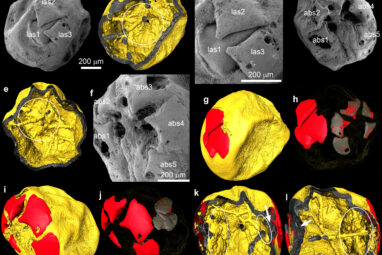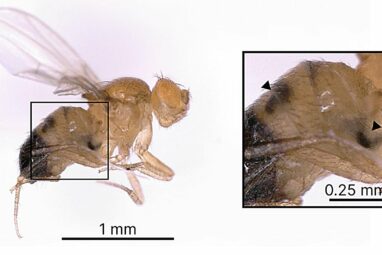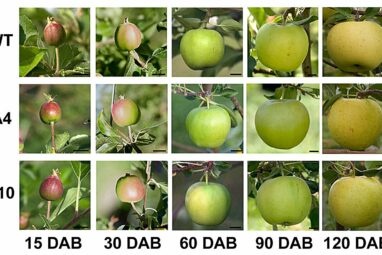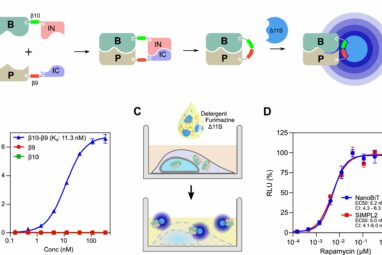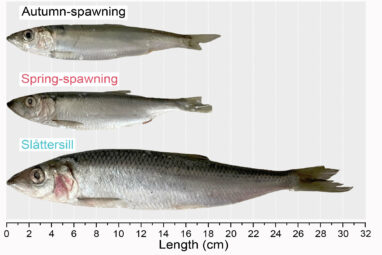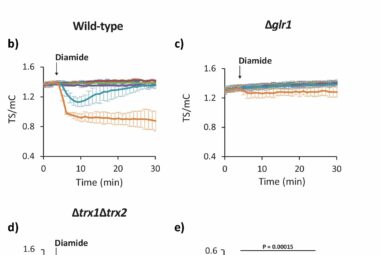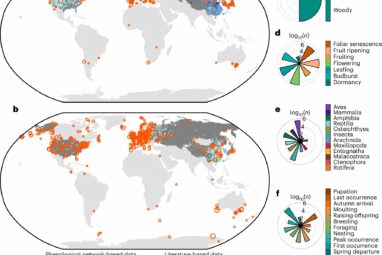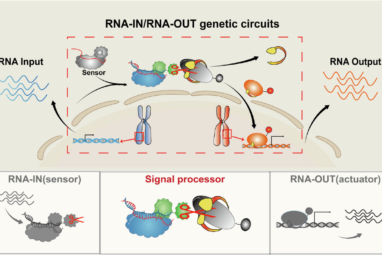An international research team has made a notable discovery of fossil embryos belonging to Ecdysozoa, a diverse group of animals...
In the continual arms race between parasites and their hosts, innovation was thought to be the key to a successful...
A cell protein previously believed only to provide a scaffolding for DNA has also been shown to directly influence DNA...
Anyone who has dealt with ants in the kitchen knows that ants are highly social creatures; it’s rare to see...
A team led by researchers at the University of Toronto has created a platform, called SIMPL2, that improves the study...
Atlantic and Baltic herring are typical plankton-eating fish of central importance for the northern Atlantic Ocean and Baltic Sea ecosystems....
Biological cells have many vital functions in the organism. For example, they produce proteins, carbohydrates and fats. But they are...
A collaborative study reveals the distinct mechanisms by which plants and animals respond to climate change in their life-cycle phenology....
Investigators from Cedars-Sinai and the University of California, San Francisco (UCSF) have identified a new way to deliver instructions that...
Researchers have successfully developed a modular synthetic translational coupling element (SynTCE), significantly enhancing the precision and integration density of genetic...
Scientists have suggested an updated framework for the role of ferns in environmental recovery from disaster. Instead of competing with...
In everyday life, when things turn out the opposite of what you expect, it’s usually a cause for frustration. In...
